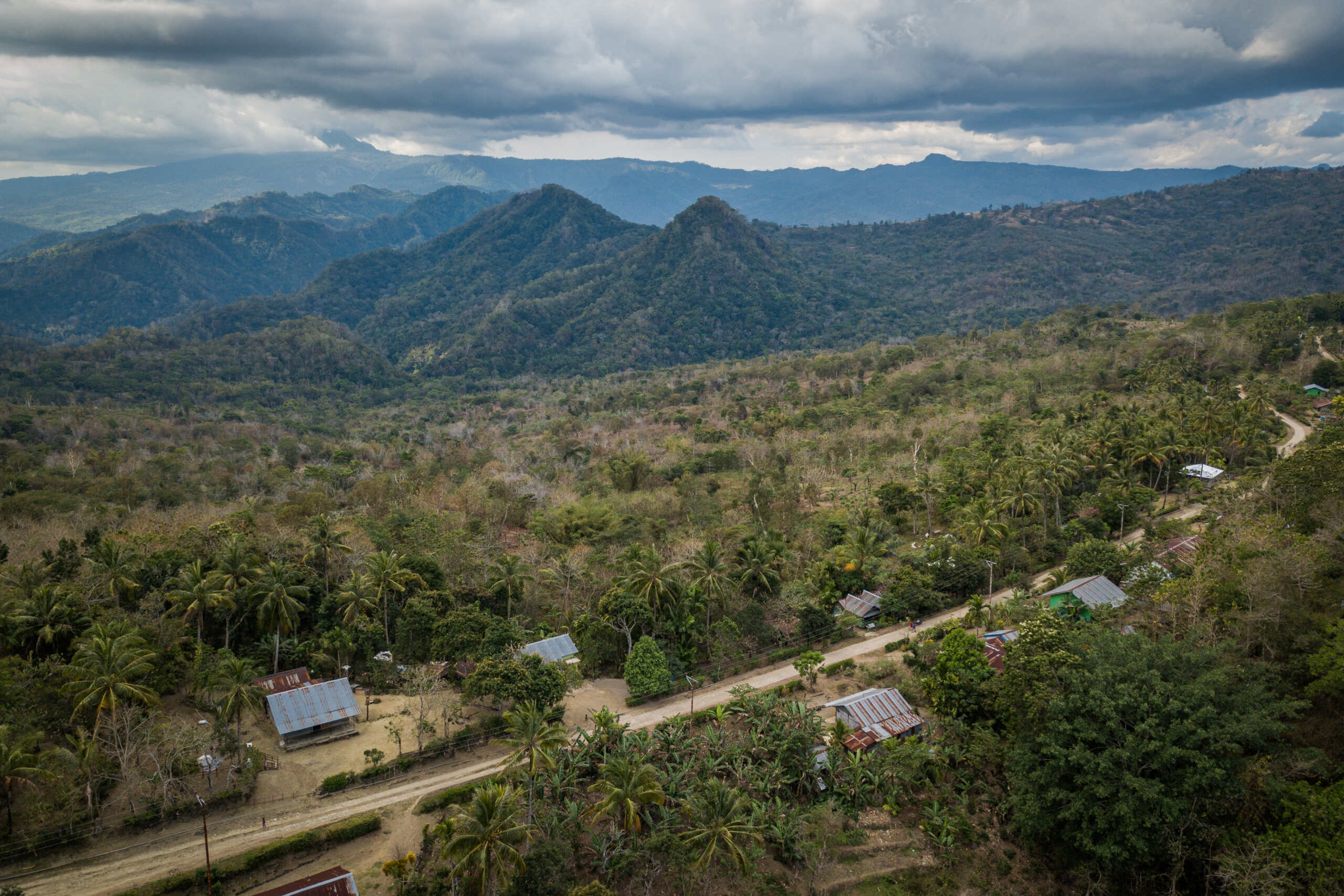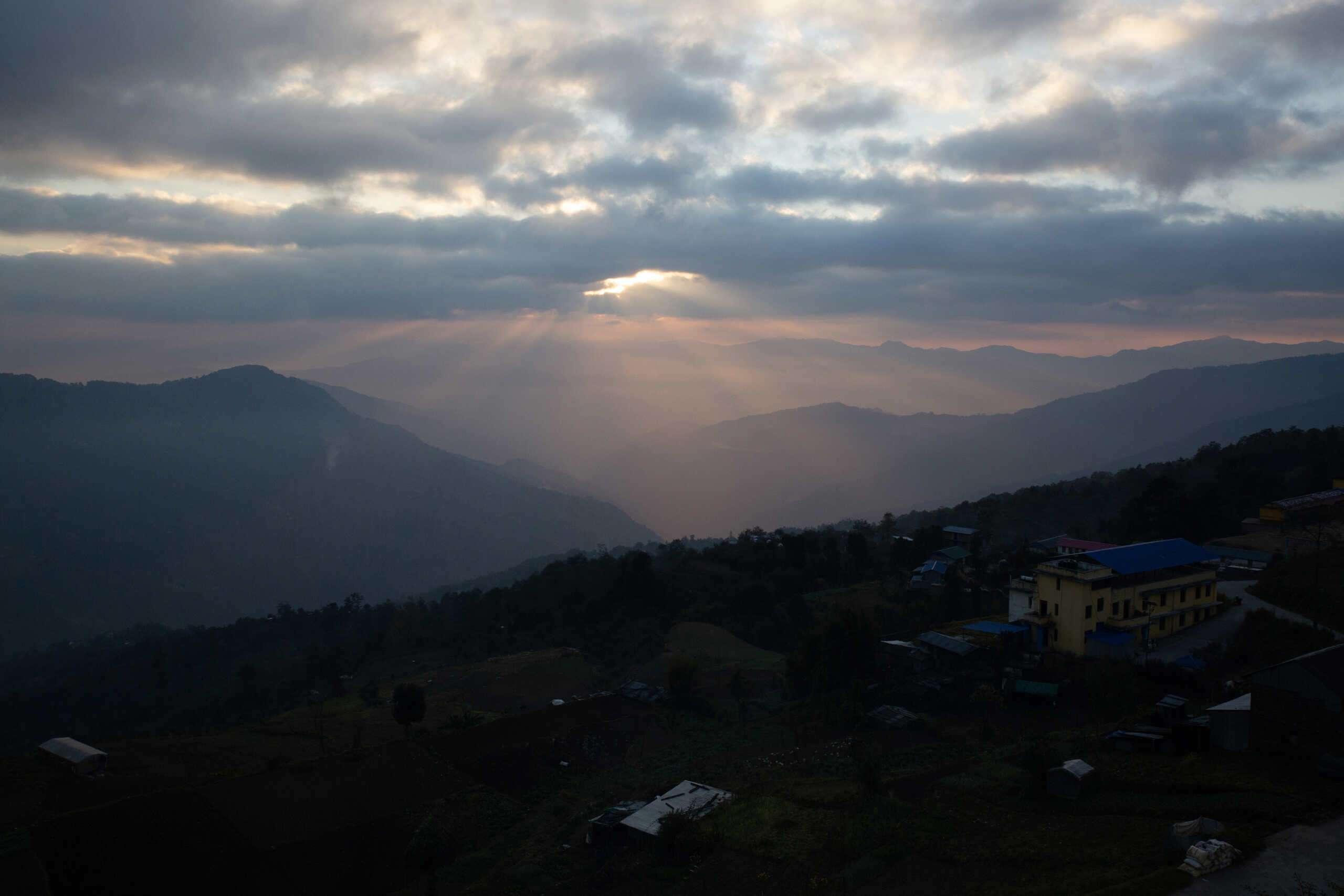Driving disability-inclusive humanitarian action with RedR Australia
Iag, Pacific, Stories | June 25, 2024
CBM Global’s Inclusion Advisory Group (IAG) Australia team has a partnership with RedR Australia to drive disability inclusion in humanitarian action.
IAG has worked with RedR Australia since 2017, to further disability inclusion across RedR Australia’s work to train and deploy humanitarian experts to support communities plan, prepare, and recover from crises and conflict. This work has been funded by the Australian Government through the Australia Assists program. IAG provides tailored disability inclusion technical advice to support implementation of RedR’s Disability Inclusion Strategy and Action Plan, which includes capacity development for RedR Australia staff and humanitarian deployees, strengthening relationships with Organisations of Persons with Disabilities (OPDs) across the Pacific, and to capture and build on achievements.
RedR Australia is a strong advocate for addressing disability inclusion within the disaster cycle, and with the support of IAG, has been able build on successes and share learning in the sector.
Importance of disability inclusion in humanitarian setting
Humanitarian crises can create additional barriers in accessing emergency assistance available to the rest of the population, and results in many people acquiring new disabilities.
“Humanitarian responses are often designed to provide standardised solutions to an affected community without sufficiently addressing the potential barriers faced by people with disabilities. Without considering these barriers and addressing access of people with disabilities within humanitarian assistance, it is possible to exclude them entirely and to further marginalise them” – Claudia Bailey, Disability Inclusion Advisor, IAG.
People with disabilities face a range of barriers to participating in and benefitting from humanitarian assistance. These include environmental, attitudinal, institutional, and communication barriers. All humanitarian actors have a responsibility to analyse the barriers that prevent people with disabilities from accessing humanitarian assistance, and to reduce risks of further exclusion by eliminating these barriers.
Disability inclusion is essential for humanitarian actors to understand and undertake within their work. The partnership between IAG and RedR Australia provides a key opportunity to ensure humanitarian deployees are supported to apply and pursue disability inclusion in their roles. This not only helps individual deployees but supports the sharing of wider practices and effective approaches to disability inclusion across the humanitarian sector.
“Recently, IAG mentored 14 of our deployees, and helped them be better advocates for the importance of disability inclusion, as well as demonstrate what disability inclusion looks like in relation to WASH, disaster risk reduction, health emergencies and humanitarian coordination work.” – Tessa Hillgrove, MEL Manager, RedR Australia.
IAG supports RedR Australia staff to identify and address barriers to inclusion, and have worked together to ensure that people with disabilities are better supported with reasonable accommodations and accessible application processes for deployees. Ensuring inclusion of people with disabilities in the humanitarian workforce is an important element of inclusion efforts.
In a recent Partnership Health Check, RedR Australia stated that the Partnership between RedR Australia and IAG has been instrumental in supporting disability inclusion action.
One way that disability inclusion can be advanced in the humanitarian sector is through mutually beneficial partnerships with OPDs. IAG supported RedR Australia to develop strategic partnership agreements with OPDs in the Pacific, which have been officially ratified through the signing of new Memorandum of Understands (MOUs) with Fiji Disabled Peoples Federation (FDPF) and the Disabled Peoples’ Association of Solomon Islands (DPASI).
“These are significant partnerships. They are the first MOUs we have signed with Organisations of Persons with Disabilities (OPDs) in the Pacific and they represent agreements of mutual respect and understanding. These new partnerships enable the organisations to work together on equal footing.” – Jenny Lee, RedR Australia’s Director of Strategy and Partnerships.
What can other humanitarian actors do to prioritise disability inclusion?
- Strengthen the organisational capacity of Organisations of Persons with Disabilities (OPDs) by establishing effective, and mutually beneficial partnerships, and ensure that OPDs are included in discussions and decisions that affect them.
- Proactively listen to, and engage with people with disabilities, including through focus group discussions, interviews with people with disabilities, and community meetings targeting people with disabilities. This may require outreach to ensure the voices of a diverse range of people with disabilities are specifically heard, in particular women and girls with disabilities, and people with psychosocial and cognitive disabilities and those with high support needs.
- Directly engage with people with disabilities and their representative organisations (OPDs) to identify and address barriers to equal participation in humanitarian response or program activities.
- Raise awareness of the rights and needs of people with disabilities, as positive attitudes towards people with disabilities are a precondition for their inclusion in humanitarian settings. This includes raising awareness of humanitarian staff in how to communicate with people with diverse disabilities.
- Ensure that people with disabilities are identified via needs assessments, by disaggregating data by disability, such as utilising the Extended Set of Washington Group Questions in surveys (that also includes questions related to psychosocial and cognitive impairments).
https://www.cbm.org.au/stories/driving-disability-inclusive-humanitarian-action-redr-australia
Related Stories

Week 2 – Lent series 2026
As we continue our Lent journey, we’re grateful to share a heartfelt reflection from CBM Australia’s Head of Program Impact Operations, Kieran Cummins, who...

Building inclusive, climate resilient communities in Bangladesh
Highlights from DFAT Post’s visit In January 2026, representatives from the Australian High Commission in...

Week 1 – Lent series 2026
As we enter the season of Lent, we’re taking time as a community to pause, reflect, and draw closer to the heart of God. Lent invites...
